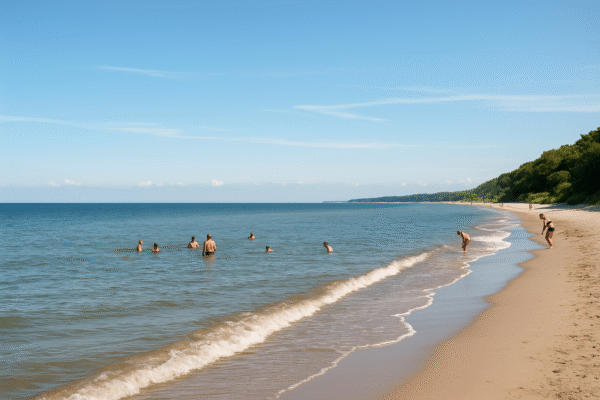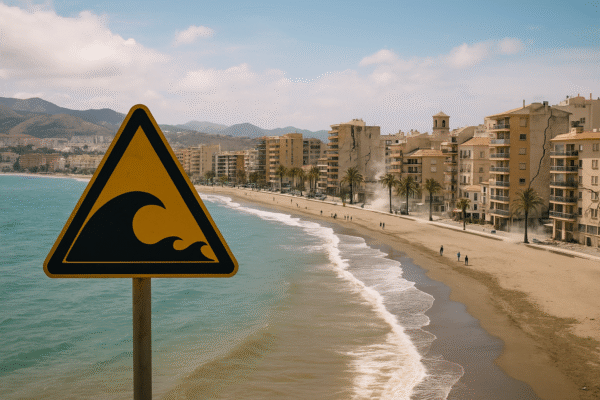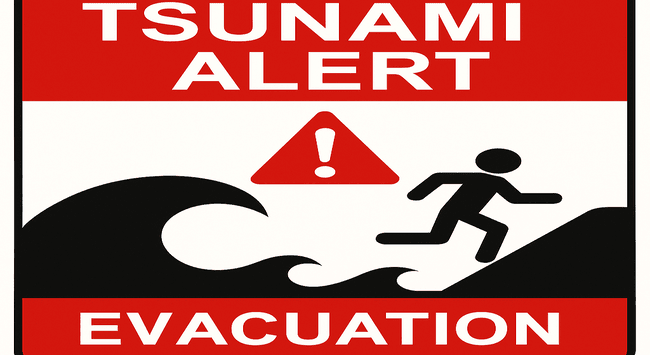Baltic Sea Vibrio Outbreak Prompts Urgent Health Warnings for Swimmers and Tourists
As Europe’s summer tourism season reaches its peak, health authorities are raising red flags along the Baltic Sea coastline. The Netherlands has joined six other nations—Germany, Denmark, Poland, Russia, Sweden, and Lithuania—in issuing urgent health warnings as warming sea temperatures and declining salinity levels fuel a spike in potentially dangerous Vibrio bacteria.
The European Centre for Disease Prevention and Control (ECDC) confirmed the expansion of a regional public health risk that threatens both local populations and international tourists. With climate change warming coastal waters and reducing salt concentrations, the Baltic Sea now presents ideal conditions for these naturally occurring pathogens to thrive.
Understanding Vibrio: A Rising Coastal Health Risk
Vibrio bacteria, particularly species such as Vibrio vulnificus, can cause serious infections in humans. The bacteria flourish in warm, brackish waters—areas where seawater and freshwater mix—and are known to proliferate during heatwaves. While some cases result in mild gastrointestinal issues, others can escalate quickly into life-threatening conditions like necrotising fasciitis, sepsis, or even limb amputation.
The ECDC emphasizes two primary routes of infection:
- Through wounds exposed to contaminated seawater
- Via consumption of raw or undercooked shellfish, especially oysters
Europe’s Changing Climate: A “Perfect Storm” for Bacteria Growth
Environmental scientists warn that rising temperatures across the Baltic region—driven by broader global climate trends—are altering marine ecosystems. The sea surface temperature of the Baltic Sea has been increasing steadily in recent decades, creating a more hospitable environment for Vibrio bacteria. Simultaneously, reduced salinity caused by greater freshwater runoff from heavy rainfall and snowmelt has compounded the risk.
This is not the first time Europe has seen the consequences. During the record-setting heatwave of 2018, 445 Vibrio infections were recorded, far surpassing the annual average of 126 cases between 2014 and 2017. The pattern suggests a troubling rise that could make such bacterial outbreaks a seasonal norm if climate conditions continue.
Mapping the Risk: Real-Time Surveillance of Vibrio Outbreaks
To help mitigate public health risks, the ECDC has launched a Vibrio suitability mapping tool. This online platform provides real-time data on sea temperatures and salinity to predict high-risk zones for Vibrio growth. According to the latest satellite data and modelling:
- Netherlands: Northern coastal waters are now flagged as high-risk
- Germany: Mecklenburg-Western Pomerania beaches affected
- Denmark: Jutland’s eastern shores face rising bacteria levels
- Poland: Pomeranian Voivodeship experiencing increased alerts
- Russia: Kaliningrad’s coastline under watch
- Sweden: Southern and eastern beaches near Malmö and Kalmar impacted
- Lithuania: Areas around Klaipėda show strong Vibrio suitability
Who Is Most at Risk?
While anyone can become infected, certain groups face significantly elevated health risks:
- Individuals aged 65 or older
- People with liver disease, diabetes, or weakened immune systems
- Tourists with recent surgeries or open wounds
- Seafood consumers, especially those preferring raw shellfish
For these vulnerable populations, even minor exposure can lead to serious complications.
Public Safety Measures for Beachgoers and Tourists
The ECDC and local ministries of health have issued clear guidelines to reduce infection risks:
If you’re planning to swim:
- Avoid water contact if you have open wounds or skin abrasions.
- Shower immediately after swimming in the sea.
- Seek medical advice at the first signs of redness, swelling, or fever post-swim.
For seafood lovers:
- Cook shellfish to at least 63°C (145°F).
- Avoid raw oysters or undercooked shellfish.
- Prevent cross-contamination during seafood preparation.
For travelers:
- Check local health advisories before visiting coastal regions.
- Use the ECDC Vibrio map tool to monitor current risk levels.
- Choose alternative water activities like chlorinated pools if traveling with elderly or immunocompromised individuals.
Government Response: Awareness, Testing, and Coastal Monitoring
Governments across northern Europe have ramped up public health messaging. In popular beach towns in Germany, Denmark, and Poland, new warning signage and digital notifications are informing visitors of real-time risks. Some municipalities have introduced trial monitoring schemes that test water samples for bacterial presence during heatwaves.
The Dutch National Institute for Public Health and the Environment (RIVM) confirmed in a statement that coastal testing is now underway, with an emphasis on safeguarding major beach tourism zones like Zandvoort and Scheveningen.
Tourism in the Era of Climate Health Risks
This Vibrio surge is yet another indication of how climate change is reshaping the safety of Europe’s beloved coastal destinations. While the Baltic Sea has long been considered a mild, family-friendly summer destination, shifting environmental dynamics now demand a more informed and cautious approach to coastal tourism.
Experts stress that while the risks are real, they are manageable. “Preventive action is key,” said Dr. Tiina Vaisanen, a marine health advisor for the EU Commission. “We want people to enjoy Europe’s beautiful coasts—but to do so safely, especially during warmer months.”
For more travel news like this, keep reading Global Travel Wire


















